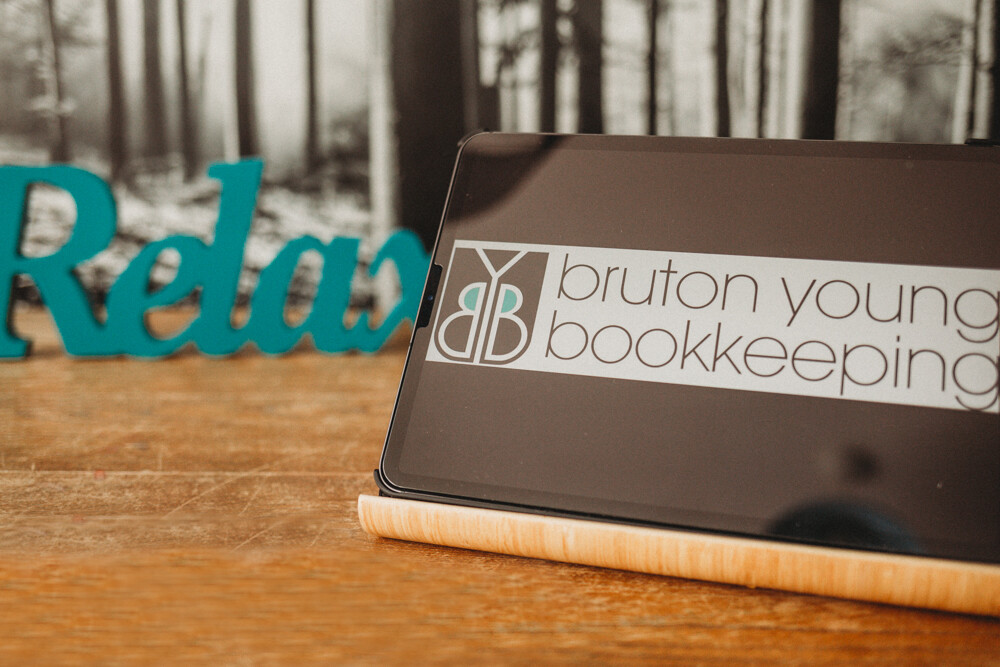Like in every business, if you are self employed, you will be keeping a close eye on the money coming in and the payments going out. Cash flow is king when you are self employed and whilst you might feel that you spend a lot of your time chasing payments, there are certain expenses that you can claim for. This helps you to hold onto a little bit more of your money as these expenses will help you pay less tax. It's all legitimate but you need to know what you can and can't claim for. In this post we're going to look at car allowance for the self employed.
Driving & Travel Expenses
There are certain things we can claim for when we are self employed and there are other things that we can't put through the business. Allowed business expenses include vehicle insurance, fuel, parking fees and repairs. Servicing can also be claimed, along with hire charges, vehicle licence fees and breakdown cover. These must all be for a vehicle which is solely used for your business. If you aren't using a vehicle, you can claim back bus, train, taxi and air fares that have been used for business. Hotel rooms can also be claimed, as can meals on overnight business trips.
That is quite a substantial list of things you can claim, including car allowance. However there are things you cannot claim. These are any fines you incur when you are travelling, speeding tickets or parking fines, for example. You cannot claim for your commute, that travel between home and work. Nor can you claim for non business driving or travel costs.
Keeping Car Allowance Simple
If you are going to find it difficult to keep track of every little expense to do with your business vehicle, you can claim with simplified expenses. This is when you calculate your expenses using a flat rate for mileage, rather than the actual costs. For the first 10k miles you can claim 45p per mile with the flat rate simplified expenses. Anything after 10k miles is 25p per mile. The rate for motorbikes is 24p per mile. So you use your business vehicle for 15,000 miles in a year. The quick maths below gives you £5750 that you could claim.
10k miles x 45p = £4500
5k miles x 25p = £1250
Total = £5750
Car Allowance Conclusion
When you decide to use the flat rates for a vehicle, you must carry on doing so for the duration that you use the vehicle for your business. You need to stick with the way that you claim to stop any confusion. For example, if you use traditional or cash basis accounting and you purchase a business vehicle, you can claim this as a capital allowance. As long as you aren't using simplified expenses. Choose your preferred way and stick with it. Ensure that you do claim though! If you are using a business vehicle for work and not claiming, you will be paying more tax than you need to.
Please get in touch if you require any help with your bookkeeping.

